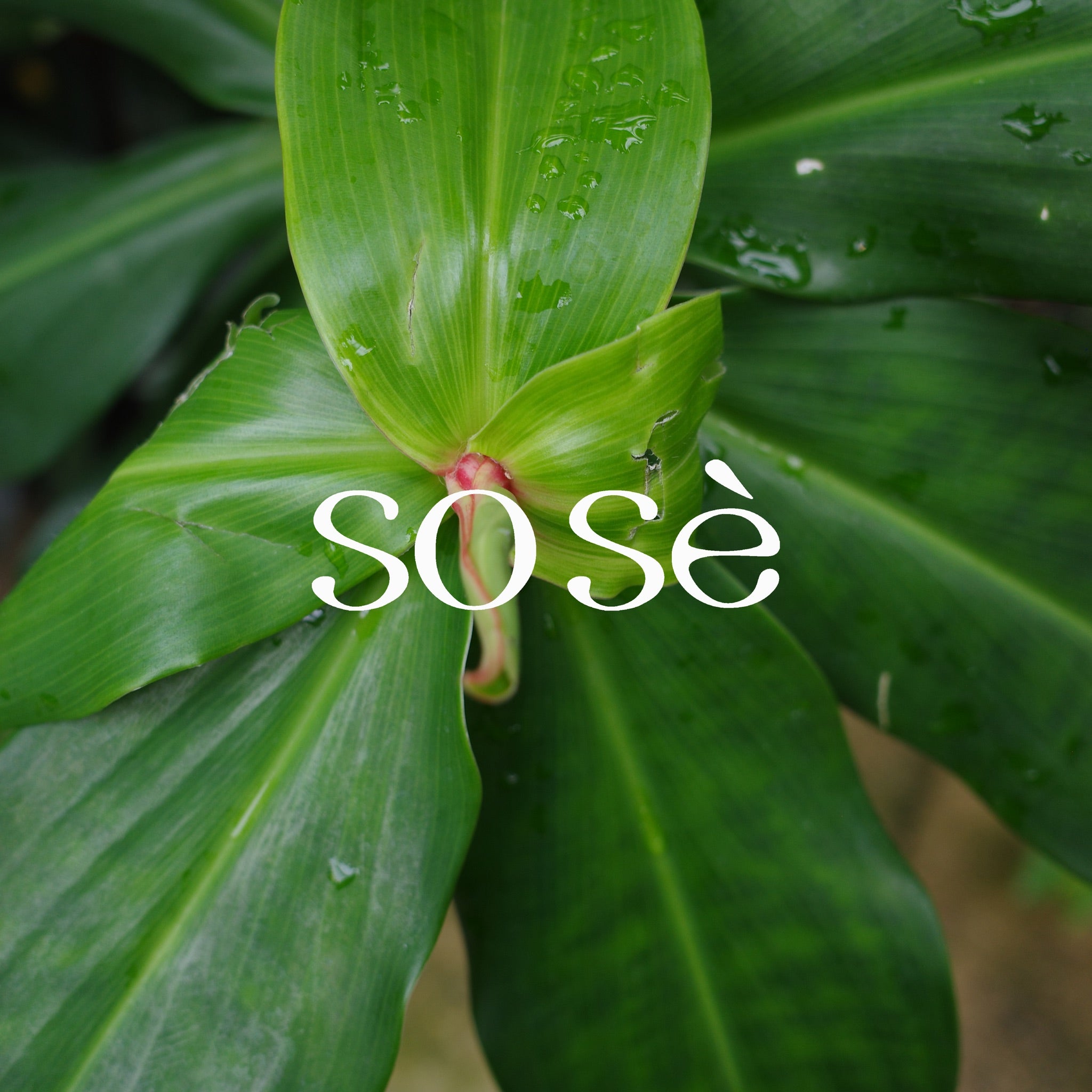Global Standards for Sexual Education
Comprehensive sexual education is designed to provide young people, including women, with accurate, age-appropriate information about sexuality and their sexual and reproductive health. This education is critical for health and survival. The UN's technical guidance, developed by agencies including UNESCO, UNFPA, UNICEF, UN Women, UNAIDS, and WHO, outlines a curriculum that is scientifically accurate, age-appropriate, and covers a broad range of topics. This includes understanding of families and relationships, respect, consent, bodily autonomy, anatomy, puberty, menstruation, contraception, pregnancy, and sexually transmitted infections (STIs), including HIV .
Cultural Impact on Women's Sexual Desire
The way sexual desire is understood and expressed by women is profoundly influenced by cultural narratives. In many cultures, discussions about sexuality are stigmatized, which can make it difficult for women to explore or express their sexual desires freely. This cultural repression can lead to a lack of sexual education and awareness, contributing to issues like low self-esteem and sexual dissatisfaction .
Conversely, cultures that embrace sexual openness and education can empower women to understand and express their sexual desires more freely, promoting healthier attitudes towards sexuality. This is evident in the goals of CSE, which emphasize a positive approach to sexuality, reinforcing healthy and positive values about bodies, puberty, relationships, sex, and family life .
The Role of Sexual Education in Women's Empowerment
Empowering women through sexual education is crucial for promoting gender equality and sexual health. High-quality CSE can help women make informed choices about their bodies and sexual lives, contributing to greater autonomy and well-being. This education challenges societal norms that often constrain women's sexualities, promoting a more inclusive understanding of sexual desire .
Conclusion
Adopting a sensitive and inclusive approach to sexual education, acknowledging, and respecting cultural differences, can empower women globally to understand and embrace their sexualities. This exploration not only enriches our understanding of the diverse world we live in but also underscores the need for comprehensive sexual education as a cornerstone of women's empowerment and sexual health.
References:
World Health Organization. "Comprehensive sexuality education: Q&A." 18 May 2023. https://www.who.int/news-room/questions-and-answers/item/comprehensive-sexuality-education
UNESCO. "Comprehensive sexuality education: For healthy, informed and empowered learners." 16 November 2023. https://www.unesco.org/en/health-education/cse






